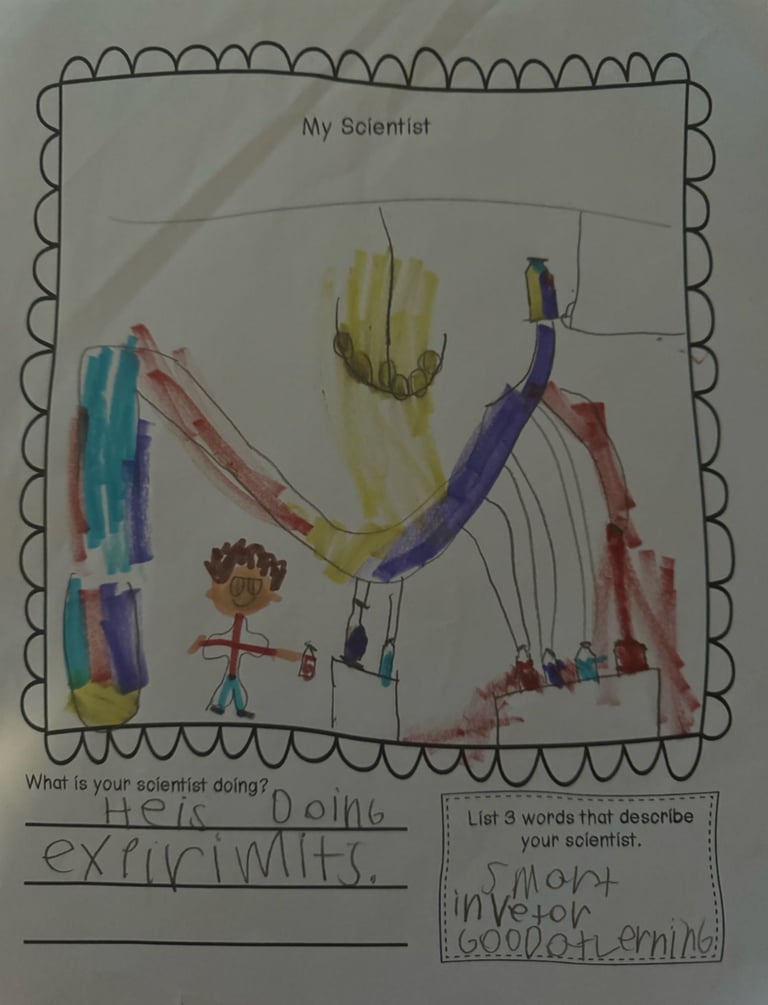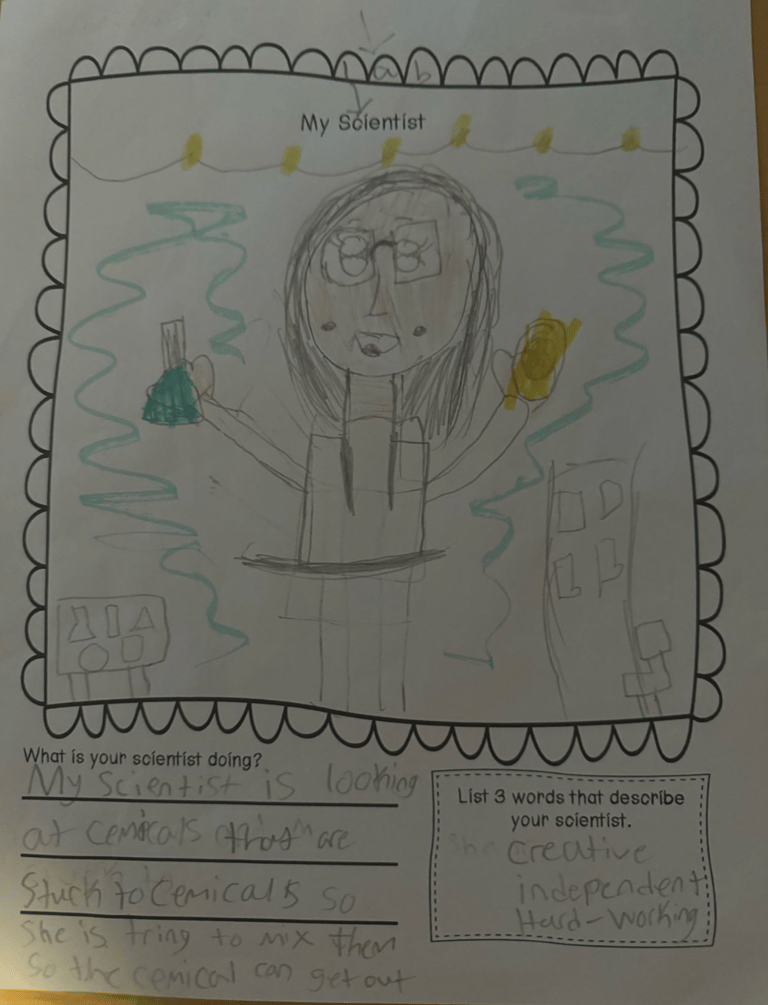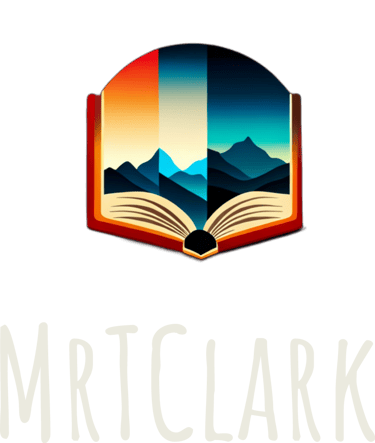Science Status Among Students
After having my third-grade students draw scientists, I selected two students to interview about their perceptions of science and the resources available to them at home. I then spent the next few weeks talking to these students, asking them questions about their scientific endeavors, how they participate in science, and the level of support they have at home. Focus Student 1 (henceforth FS1) is a boy on a 504 plan for dysgraphia and executive functioning skills. He is a budding scientist and wants to be an astronomer when he grows up. Focus Student 2 (henceforth FS2) is a girl growing up in a Muslim household. She also wants to work in science when she grows up, stating she wants to be paleontologist.
FS1 struggles with dysgraphia, mainly with writing the numbers 5 and 9, and the letters p and q backward. The focus of his executive functioning skills is on organization. FS1 struggles with organization. His workspace is regularly disheveled and his classwork organizational space is usually cluttered. We regularly challenge FS1 to keep an organized space, which works for a short period of time, before returning to its normal state. FS1 thinks science is “really cool and awesome” and holds scientists in high regard. He appreciates science because there are multiple types and scientists can have very different expertise. His appreciation of science no doubt stems from his father who is a physics professor at UCR. As a result, FS1 is exposed to science at home frequently. He and his father do age-appropriate science experiments regularly. Currently, FS1 is building a vinegar/baking soda volcano with his father. He also takes regular trips to science museums with his family, goes to science camps, and does other various organized science activities over the summer. His parents are fueling his drive to become a scientist. Unfortunately, FS1’s scientific endeavors at school lack compared to those at home. When asked about the most fun science experiment he did at school last year, FS1 stated they did a few Mystery Science lessons, but there were not many so he cannot remember. FS1 says he plans to be an astronomer when he grows up and wants to study the planets.
FS2 lives in an upper-middle class household with parents that really care about her education. The family is a practicing Muslim family, however their ‘views align more with western values than traditional Muslim perspectives.’ I met the family and this is what they told me. FS2 thinks science is important and cool because we get to learn things we did not know or have not done before. FS2 appreciates scientists because they make experiments and help figure things out. FS2’s family have placed strong value on engaging their younger children in STEM activities. He parents do experiments with FS2 and her younger brother. FS2 says her parents buy her science kits and she takes measurements, makes sand, instant snow, and explosions with vinegar, baking soda, and red cabbage powder. FS2 has expressed interest in being a paleontologist, and her parents are supportive of it. FS2 says they take her to museums where she can dig up fossils and practice paleontology. FS2’s scientific endeavors at school are similar to FS1’s. When asked about the most fun experiment FS2 did last year, FS2 mentioned Mystery Science, and again barely remembered any of the actual projects they did. She mentioned one where the students drew something in a cup, then filled the cup with some sort of solution, which caused the drawing in the cup to float on the surface of the solution.




